But LNG imports are back in the limelight
It has been a tumultuous week for energy in Cyprus. Its two biggest projects, the import of LNG at Vasilikos and the GSI electrical interconnector, were in the limelight mostly for the wrong reasons.
Both are now under investigation by the European Public Prosecutor’s Office EPPO for suspected fraud and corruption.
The two key projects that can bring prices down are, at present, going nowhere. The viability of the electrical interconnector GSI project has been questioned by the finance minister who is refusing to release the first €25 million payment to the project operator Admie as provided in the Greece-Cyprus inter-governmental agreement signed last year until Admie achieves certain progress, yet to be clearly defined.
This caused an immediate strong response by the Greek government requesting Cyprus to clarify its intentions. Late Friday, the energy minister made a statement, very likely with the blessing of the president, that his Greek counterpart interpreted as a confirmation that the Cypriot government considers the project to be both viable and feasible. That appears to have diffused the situation – at least for now – but the €25million payment still remains a divisive issue.
The LNG import project was the subject of a hearing at the parliament. It was quite tumultuous, with the energy minister and the government finding themselves on the ropes, at the receiving end of pressure and accusations from all political parties that the government has no clear plans for the completion of the project. As a result, Cypriot electricity consumers will be trapped into paying very high electricity prices for a long time – the second highest in Europe and the highest based on purchasing power parity. The political parties demanded accountability and a definitive timetable for its completion.
But there was also positive news. Egypt’s petroleum minister confirmed on Friday that commercial exploitation of the Kronos gas field is on target to start before the end of 2027, with some of the gas to be exported as LNG to Europe. Leaving pollical exuberance aside, Cyprus will see first profits only after 2030, and these are unlikely to exceed 0.1-0.2 per cent of annual government revenues – it will not make us rich. Also, most of the 5bcm/yr gas to be exported to Egypt is likely to be used in the country’s domestic gas market, to reduce reliance on massive and expensive LNG imports. Less than half of this is likely to be liquefied by Eni at its Damietta LNG plant for export to Europe, covering 1-1.5 per cent of Europe’s annual gas imports. Nevertheless, this will be the first time Cypriot gas reaches international markets, quite an important milestone.
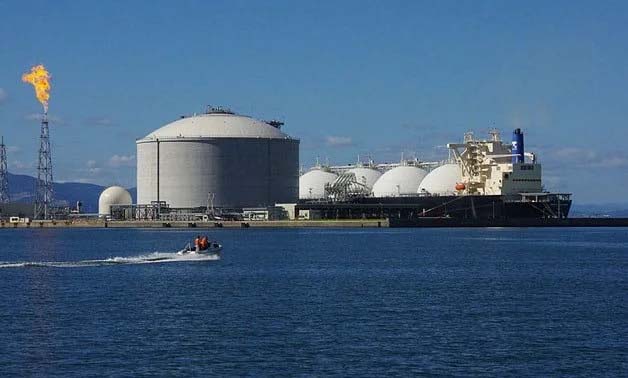
It was also announced that commercial operation of the Competitive Electricity Market will begin on October 1. But indications are that it will be anything but competitive. With conventional power generation using diesel/HFO continuing to set the electricity price, the RES cartel is expected to carry on using current practices, ie selling renewable electricity at about 10 per cent below EAC prices, making super-profits. Except that now they can claim they are operating in accordance to the rules of the competitive electricity market. And continue making super-profits with little challenge.
EPPO’s investigation of the LNG import project
EPPO’s investigation started in March 2024, based on reports submitted to it by the then auditor-general. Last week EPPO confirmed that it is investigating bank accounts of politicians, current and former state officials and civil servants, but it also made it clear that no details will be released at this stage.
Nevertheless, its findings are expected to have far-reaching consequences.
Reacting to the massive publicity the project is receiving, and the mostly negative coverage of the company, the Chinese contractor CPP, abandoned its silence and on Thursday came out presenting its side of the story. If proved to be right, it is quite revealing.
According to CPP, even though the project contract was signed in December 2019, the project did not really start until September 2020. This was due to the fact that project funding did not become available until May 2020 and appointment of the then project manager, Hills International, was not effected until end of 2020. These problems delayed the two-year project by 10 months right from the start.
Etyfa was lacking experienced personnel and relied heavily on its project manager. The contract specified that documents, drawings and procurement should be reviewed and responded to within two weeks, but the actual average period was two months. These problems led to substantial delays in the execution of the contract and to the payment schedule to CPP. Etyfa also requested significant changes to the scope of work of the project but did not recognise these contractually. The press release issued by CPP has all the details.
CPP also said that all project documents, drawings, procurement, materials, equipment and deliverables were reviewed and signed off by Etyfa and Hills at each step before proceeding to the next.
With regards to the FSRU, on December 9, 2024, upon delivery of the ship, Lloyd’s Register issued an LNGC certificate. It also identified 12 outstanding works, that could be completed only when the jetty at Vasilikos was completed and LNG became available. Following the transfer of the FSRU, Etyfa provided CPP a quality guarantee, assuming quality assurance responsibility for the FSRU.
All the above are backed up with detailed documentation and form the basis of CPP’s claim at the arbitration court in London.
Despite these problems, CPP states that it is open to dialogue so that the project can be completed as soon as possible, noting that it “remains committed to transparency and responsible cooperation”.
Project status
If what CPP claims is corroborated, it paints a sorry picture of the ability of the Etyfa team at that time to manage such an important and complex project.
The project is of course at a standstill. The new and experienced project manager, Technip, is in the process of investigating all aspects of the project and the status of the incomplete construction at Vasilikos. It plans to issue a report to Etyfa and the energy minister within days that will include its recommendations on the way forward.
I believe that given the revelations by CPP, Technip should take up its offer for dialogue, to hear its side of the story in the context of the current investigations, and what went wrong, and possibly the way forward.
We all agree that priority is to import LNG to bring electricity prices down. The question is when. As of now, we still do not have convincing answers. That’s why all possible options to complete the project should be investigated, including CPP’s offer.

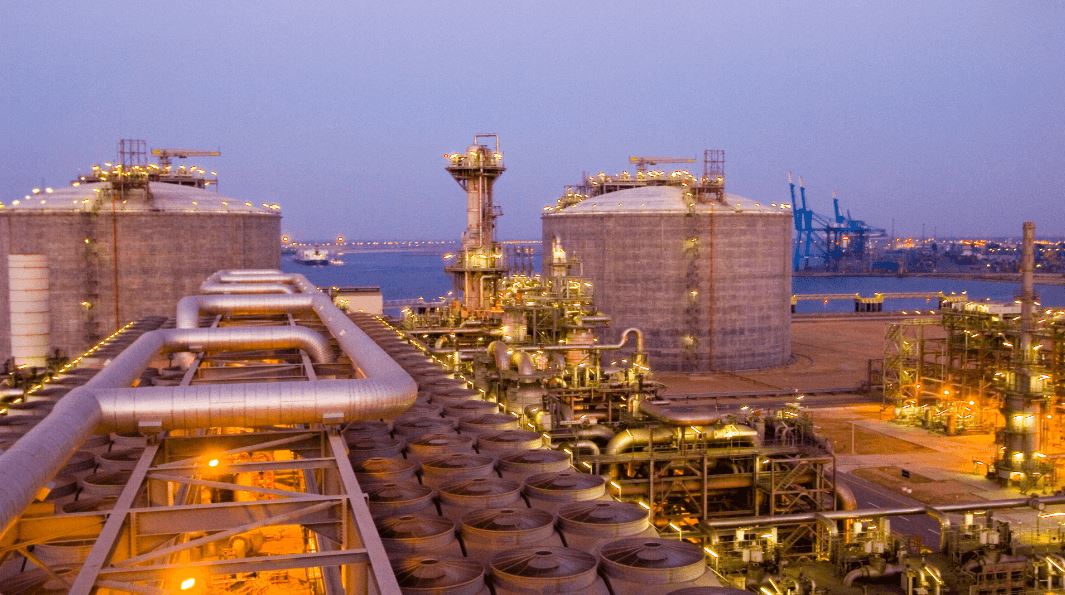


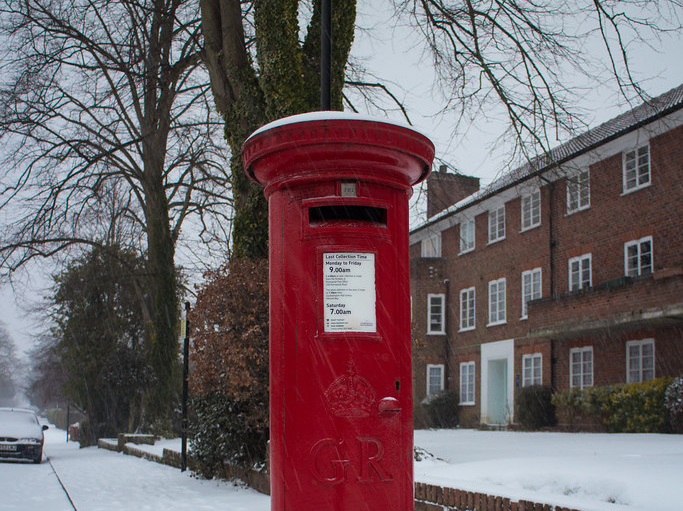
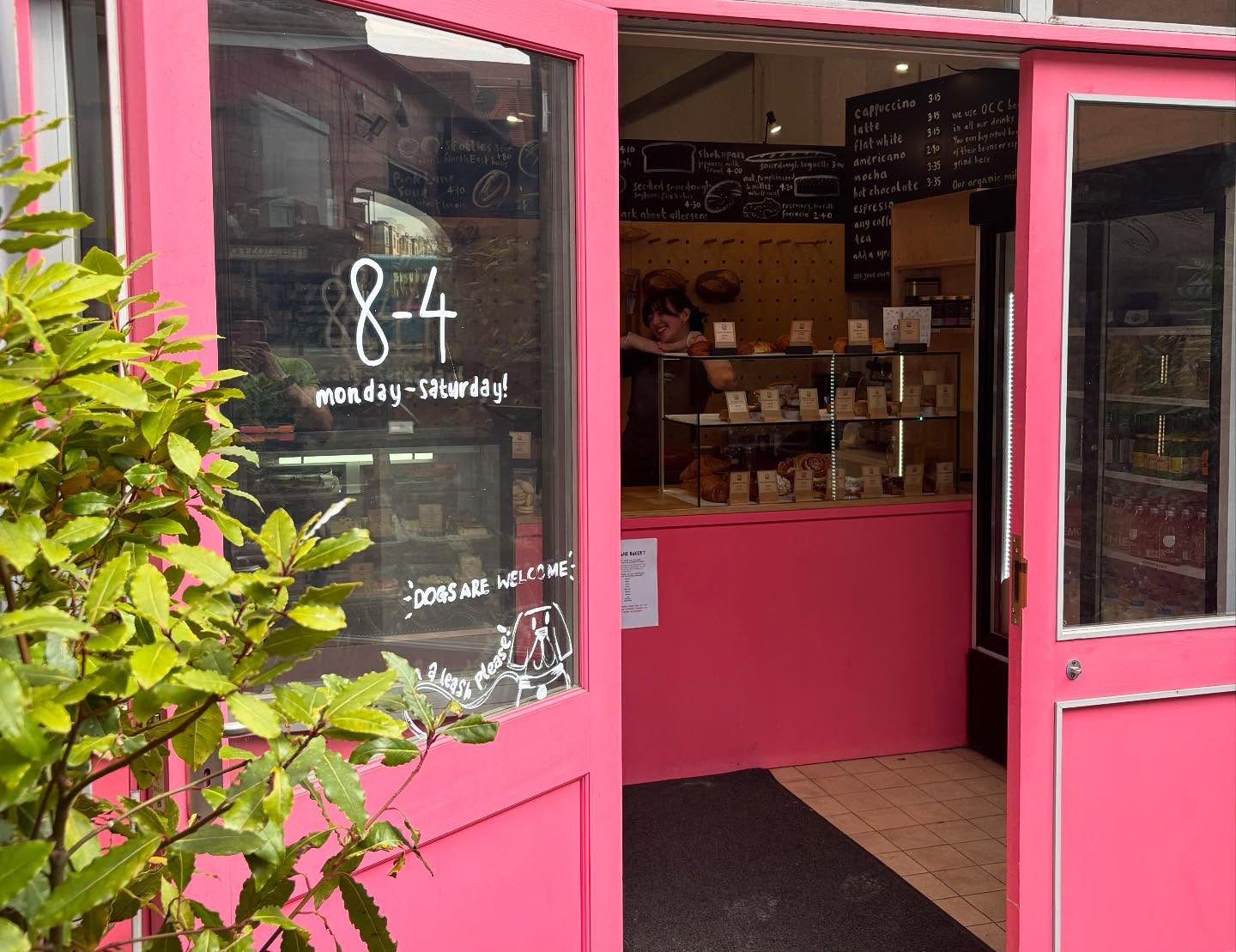
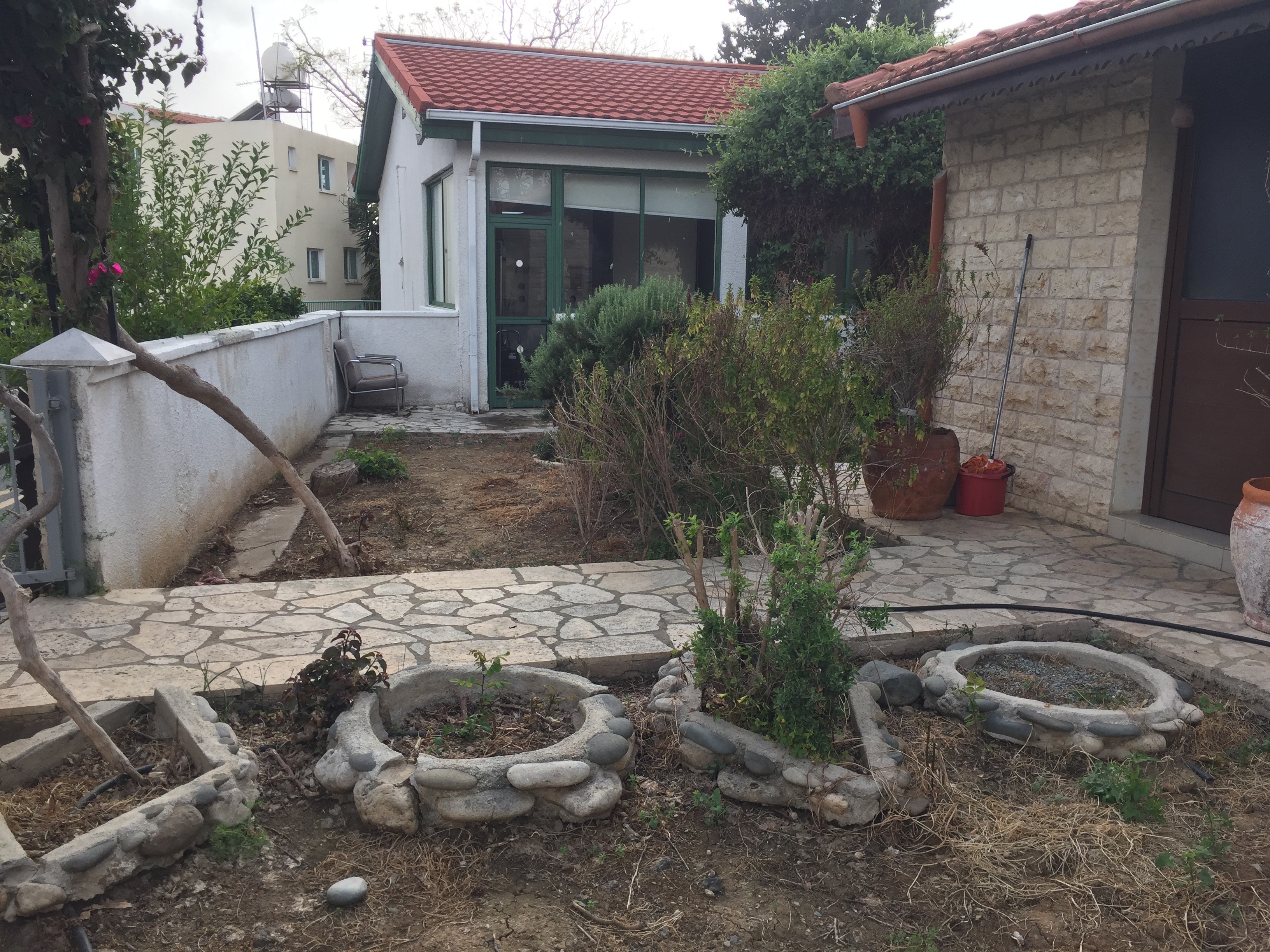
Click here to change your cookie preferences